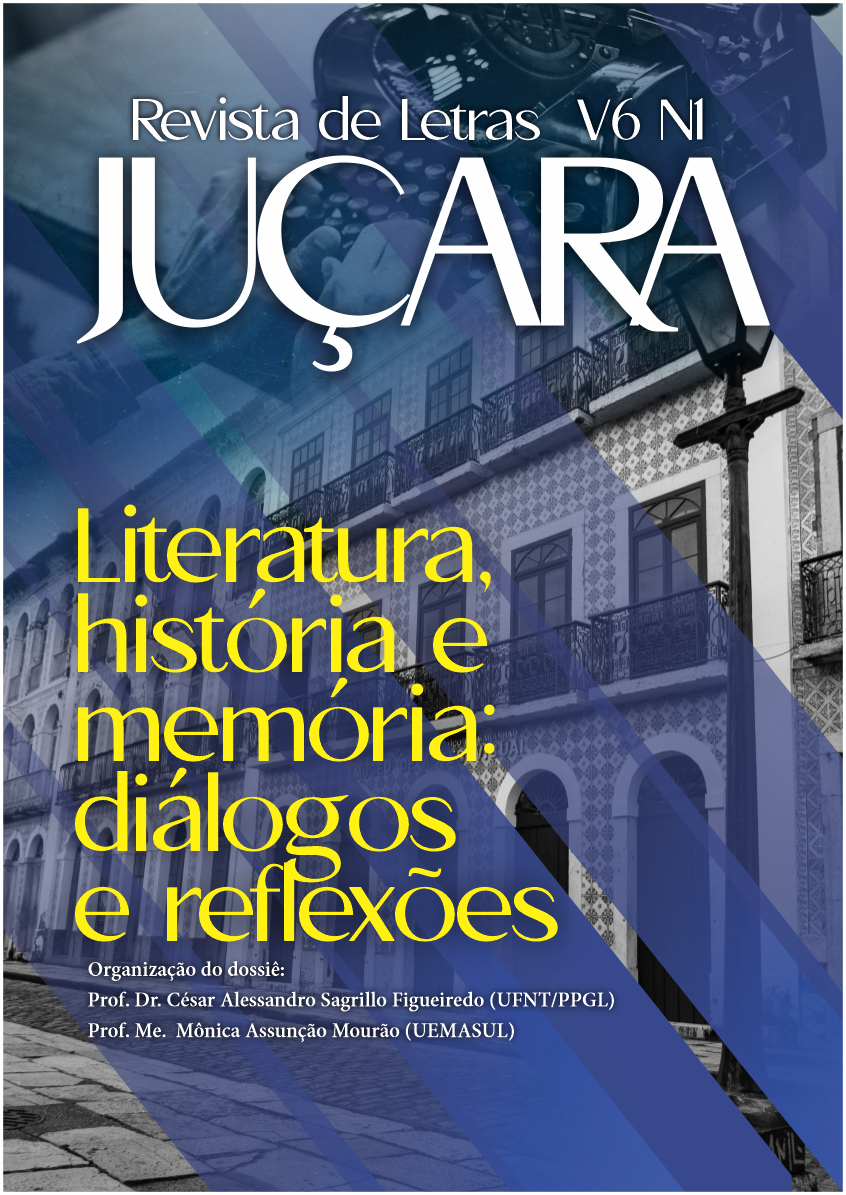ASSIMETRIA SOCIAL E XADREZ ACADÊMICO: O CONTROLE DO IMAGINÁRIO NO ROMANCE DUAS PRAÇAS, DE RICARDO LÍSIAS
DOI:
https://doi.org/10.18817/rlj.v6i1.2732Resumo
Duas praças, de Ricardo Lísias, traz duas trágicas histórias paralelas que se entrecruzam no final: Maria, moradora de rua muito religiosa e com claros sinais de insanidade, se apaixona por Manequim, “funcionário” de uma loja de roupas; enquanto isso, a um doutorando é conferida a árdua tarefa de solucionar o mistério do desaparecimento de uma aluna que, acredita-se, é uma das muitas crianças roubadas dos pais, dissidentes políticos da ditadura argentina (1976-1982), e entregue a famílias de militares. A primeira ilustra bem a grave assimetria social do Brasil. A segunda, os jogos de poder, a busca por prestígio e as censuras veladas no ambiente de uma universidade. Ambas as histórias podem constituir polos de um diálogo com o conceito de controle do imaginário, de Luiz Costa Lima, desenvolvido nas obras O controle do imaginário (1984), Sociedade e discurso ficcional (1986) e O fingidor e o censor (1988). Tendo o referido romance por objeto, o artigo visa identificar e legitimar os pontos de encontro entre este e a categoria teórica acima mencionada. A primeira etapa irá se dedicar ao conceito de controle do imaginário; a segunda, ao romance em si; e, a terceira, em tom conclusivo, à costura entre ambos.
Downloads
Publicado
Como Citar
Edição
Seção
Licença
Copyright (c) 2022 Gustavo Rocha

Este trabalho está licenciado sob uma licença Creative Commons Attribution 4.0 International License.
A submissão de originais para a Revista de Letras Juçara implica na transferência, pelos autores, dos direitos de publicação. Os direitos autorais para os artigos publicados nesta revista são do autor, com direitos da revista sobre a primeira publicação. Os autores somente poderão utilizar os mesmos resultados em outras publicações indicando claramente a Revista de Letras Juçara como o meio da publicação original.


